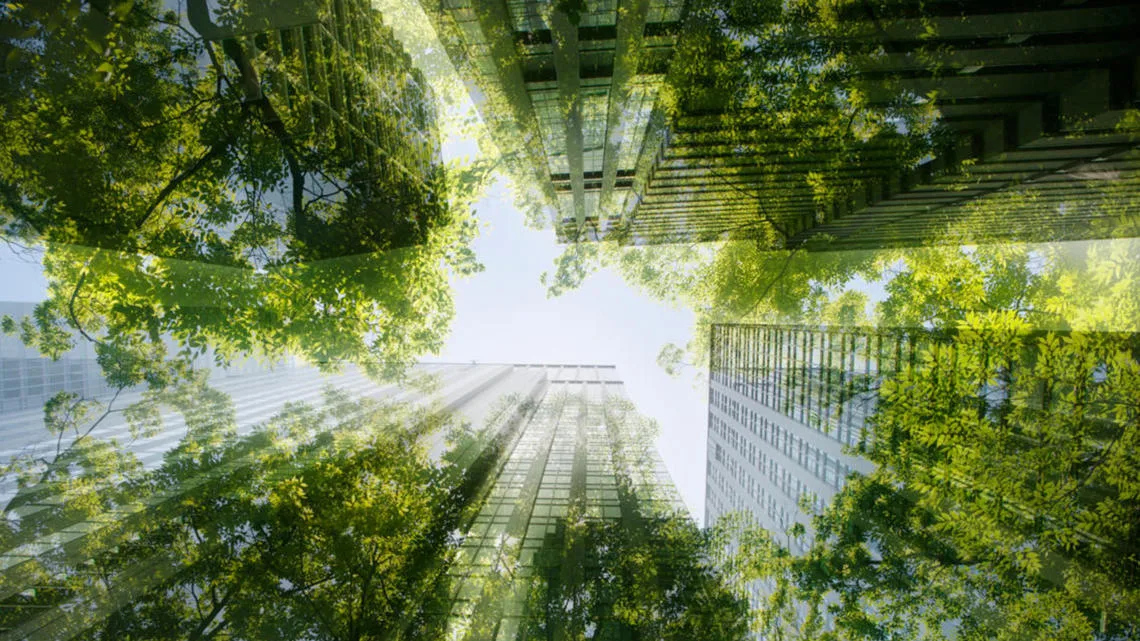Authors
DBS
Singapore’s DBS is the first bank in South Asia to announce a landmark set of decarbonization commitments.
Addressing climate change requires collective efforts. The Intergovernmental Panel on Climate Change has called on governments, businesses and individuals to unite in halting and reversing global warming to 1.5⁰C above pre-industrial levels by achieving a net zero level of greenhouse gas (GHG) emissions by 2050.
Decarbonisation is a generation-defining business opportunity. Global investment in clean energy alone will need to triple to an estimated $3.5 trillion annually by 2030, and nearly every industry will need a period of heightened investment.
DBS is playing our part – We are the first bank in Singapore to sign up to the Net-Zero Banking Alliance (NZBA), and the first in Southeast Asia to publish a concrete and comprehensive set of targets for our Scope 3 financed emissions. These targets will guide us on strategically channelling financing away from high-emitting activities towards low-carbon alternatives.
Decarbonisation targets have been set for seven sectors: 1) Power, 2) Oil & Gas, 3) Automotive, 4) Aviation, 5) Shipping, 6) Steel, and 7) Real Estate. Data coverage targets have also been set for two sectors 1) Food & Agribusiness and 2) Chemicals, paving the way for future emission reduction targets. The seven decarbonisation targets were developed based on internationally recognised and industry-accepted glidepaths such as The International Energy Agency’s Net Zero Emissions by 2050 Scenario.
The targets will be reviewed periodically as science and client data evolve, and DBS will also update on its progress annually through its Sustainability Report.
Watch the video and download a detailed report and sector specific reports to find out how DBS is supporting Asia’s transition to a low-carbon economy.
Access the original article here.
